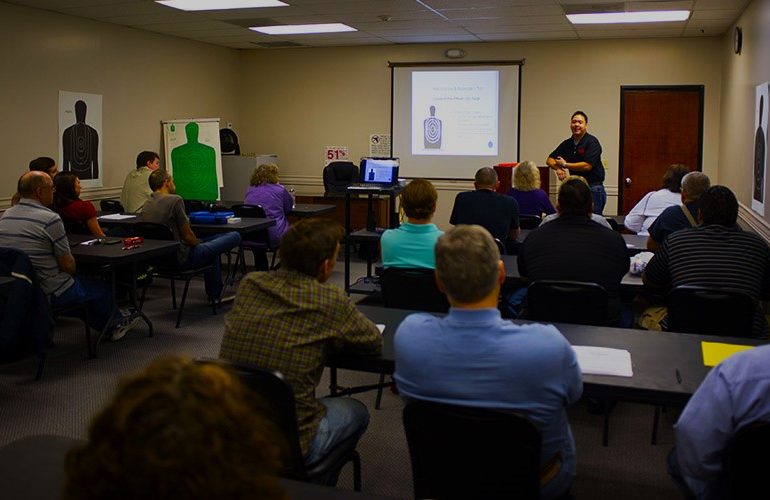Introduction
California’s approach to Concealed Carry Weapon (CCW) permits is among the most stringent in the United States, prioritizing public safety through rigorous legal and training requirements. This article delves into the specific Firearms Training Course mandates that applicants must fulfill, underlining their critical role in promoting responsible gun ownership.
Understanding CCW in California
In California, a CCW permit is a legal authorization permitting the carrier to have a concealed firearm in public places. Governed by both state and local regulations, these permits are issued under strict conditions, reflecting California’s cautious stance on concealed firearms.
- Minimum Age Requirement: Applicants must be at least 21 years old.
- Clean Criminal Record: No history of felony convictions or certain misdemeanors.
- Proof of Residency: Applicants must reside in the county where they apply.
- Good Moral Character: Applicants must demonstrate reliability and integrity.
- Demonstrated Need: A valid reason for needing to carry a concealed weapon, such as self-defense.
- Firearms Training: Completion of a state-approved firearms training course.
- No Prohibitive Mental Health Conditions: Applicants must not have disqualifying mental health histories.
- Pass a Background Check: Thorough investigation including fingerprinting.
- Interview Process: Personal interview with local law enforcement (in many jurisdictions).
- Safe Handling Demonstration: Applicants must show proficiency in handling firearms.
Eligibility Criteria for CCW Applicants
Applicants for a California CCW permit must be at least 21 years old, have a clean criminal record, and demonstrate lawful residency in the applying jurisdiction. A crucial aspect is proving “good moral character” and a legitimate need for carrying a concealed weapon, such as self-defense.
Overview of the Firearms Training Course
The state mandates a certified firearms training course for all CCW applicants. This course, approved by the California Department of Justice, ensures that applicants have a comprehensive understanding of firearm safety and law.
Detailed Breakdown of Course Content
Courses typically cover:
- Firearm Safety: Rules for safe gun handling, storage, and transportation.
- Legal Education: California laws on carrying and using firearms, including the legal use of force.
- Weapon Familiarization: Hands-on training with various firearms, focusing on mechanisms and maintenance.
- Shooting Proficiency: Practical training in shooting accuracy and handling under stress.
- Situation Assessment: Training in decision-making in potentially threatening scenarios.
Duration and Certification
The required training duration varies, typically ranging from 8 to 16 hours. Upon completion, attendees receive a certification necessary for the CCW application. This certificate is valid for a set period, often two years, aligning with the CCW renewal cycle.
Choosing a Certified Firearms Training Course
Applicants must select a course certified by the California Department of Justice. The DOJ’s website provides a list of approved instructors and training facilities, ensuring that the training meets state standards.
Renewal and Ongoing Training Requirements
For CCW renewal, additional training or refresher courses are often required. These ongoing training mandates reinforce the importance of up-to-date knowledge and skills in firearm handling and safety.
The Impact of Training on Public Safety
The structured training for CCW applicants aims to mitigate risks associated with carrying concealed weapons. By instilling rigorous safety standards and legal knowledge, California strives to balance the rights of gun owners with public safety concerns.
Conclusion
The firearm training required for a CCW permit in California is a critical component of responsible gun ownership. It reflects the state’s commitment to balancing individual rights with broader public safety considerations. Those seeking a CCW in California must approach this training as a vital step in ensuring their competence and understanding of the responsibilities that come with carrying a concealed weapon.
